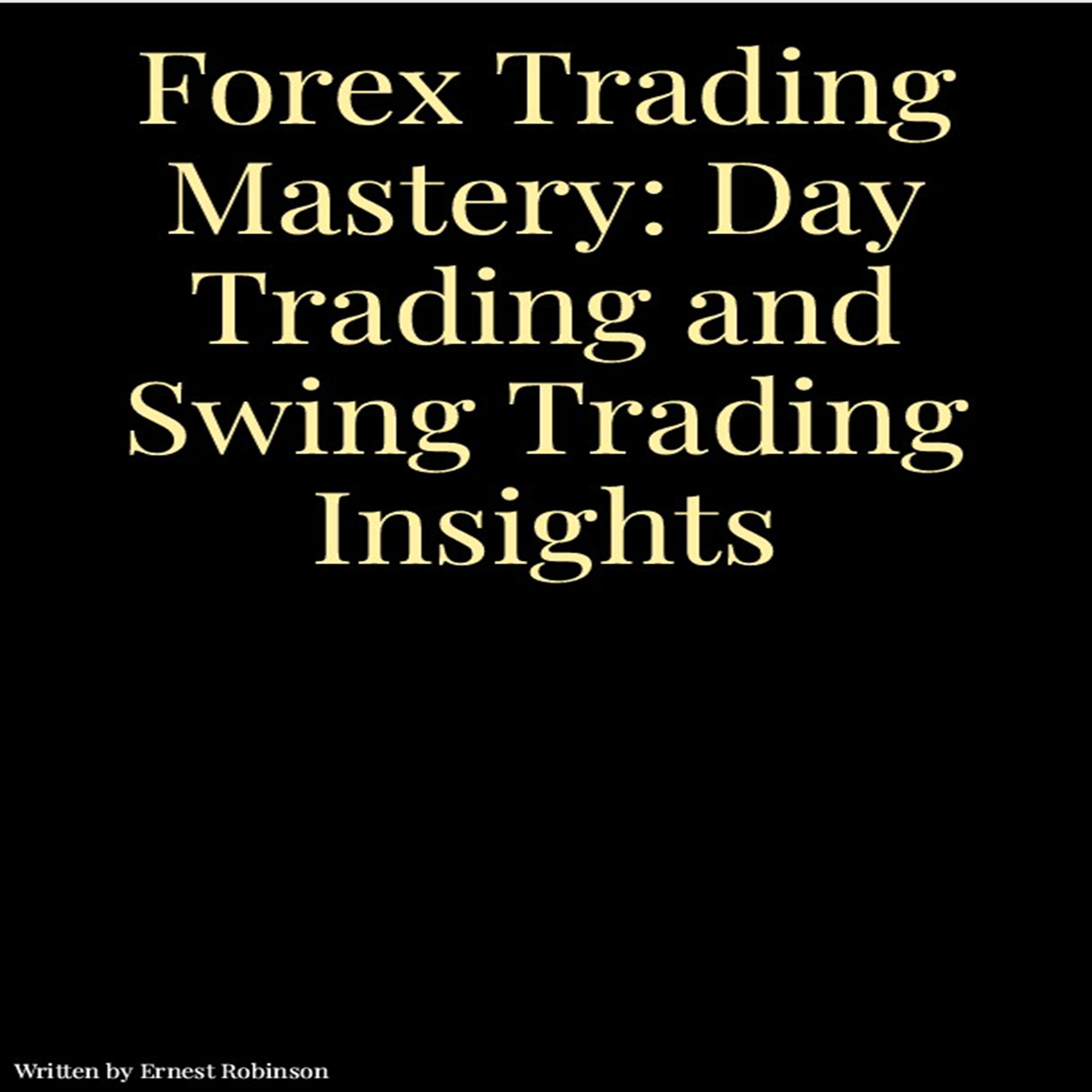
The Forex market, or foreign exchange market, is the largest financial market in the world, with a daily trading volume exceeding $6 trillion. This market operates on a global scale, allowing traders to buy and sell currencies at any time of the day or night. Unlike stock markets, which have specific trading hours, the Forex market is open 24 hours a day, five days a week. This continuous operation is made possible due to the various financial centres around the globe, including London, New York, Tokyo, and Sydney, each contributing to the market's liquidity and activity.
The realm of forex trading is not solely governed by charts and numbers; it is profoundly influenced by the psychology of the trader. Understanding the mental and emotional aspects of trading can be the key differentiator between success and failure. Traders often find themselves battling their own emotions, such as fear and greed, which can lead to impulsive decisions that undermine their strategies. Thus, developing a strong trading psychology is essential for navigating the volatile waters of the currency market.
Emotional discipline is a cornerstone of effective trading psychology. Successful traders cultivate the ability to manage their emotions, allowing them to stick to their trading plans even in the face of market fluctuations. This discipline prevents rash decisions that can result from panic selling during downturns or overtrading during peaks. By maintaining a level head, traders can execute their strategies based on analysis rather than emotions, which is crucial for long-term profitability.
Moreover, self-awareness plays a significant role in trading psychology. Traders must recognise their psychological strengths and weaknesses to improve their performance. This self-analysis helps identify behavioural patterns that may lead to detrimental trading habits. By acknowledging these tendencies, traders can implement strategies to mitigate their impact, such as setting strict risk management rules or practicing mindfulness techniques to remain focused and calm.